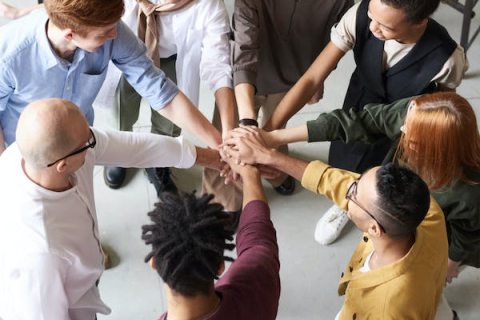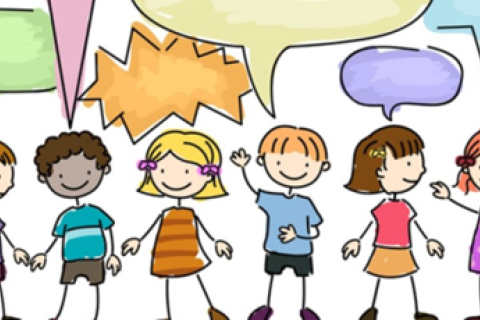What are the 8 Most Important Educational Competencies?
Education is a fundamental pillar in the development of individuals and societies. The origin of the word 'education' comes from the Latin 'educare' (to nurture, to raise) and 'educere' (to extract, to guide)."
Educational competencies are skills, knowledge, and attitudes that individuals acquire throughout their educational journey.
The 8 competencies are considered essential for students to develop a holistic education and to successfully face life's challenges. These core competencies have been established as a reference framework in many educational systems worldwide. The following describes these competencies:
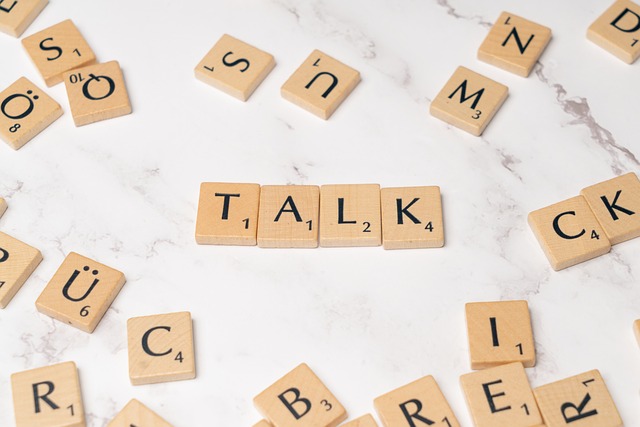
1. Linguistic Communication Competency:
This competency refers to the ability to understand, express, and communicate effectively in different languages, both orally and in writing. It includes the capacity to read, write, listen, and speak clearly and coherently.
![]()
2.Mathematics, Science, and Technology Competency:
Involves the ability to use and apply mathematical, scientific, and technological concepts in real-life situations. This includes solving mathematical problems, understanding scientific concepts, and effectively using technology.
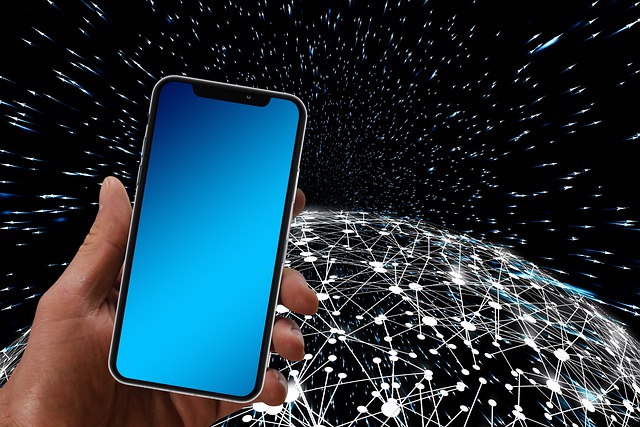
3. Digital Competency:
refers to the ability to use information and communication technologies (ICT) effectively and critically. This includes internet navigation, information retrieval, software and application usage, and understanding issues related to online security.

4. Learning to Learn Competency:
This competency focuses on developing autonomous learning skills and the ability to manage one's own learning process. It involves reflection, planning, adaptation, metacognition, and self-regulation of learning.
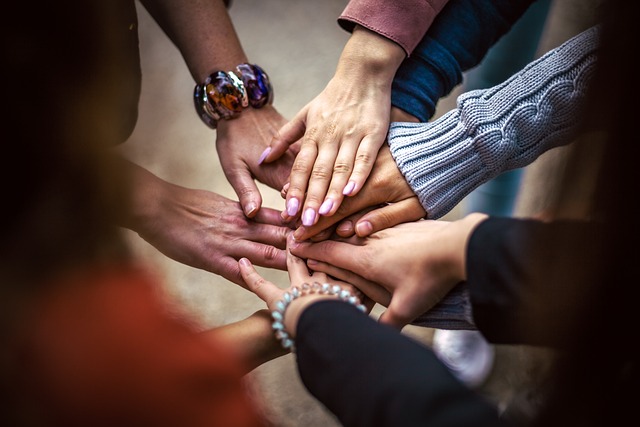
5. Social and Civic Competency:
Encompasses the ability to participate actively and responsibly in society, respecting democratic values, human rights, and diversity. This includes understanding social and political institutions, as well as the capacity to interact and collaborate with others constructively.
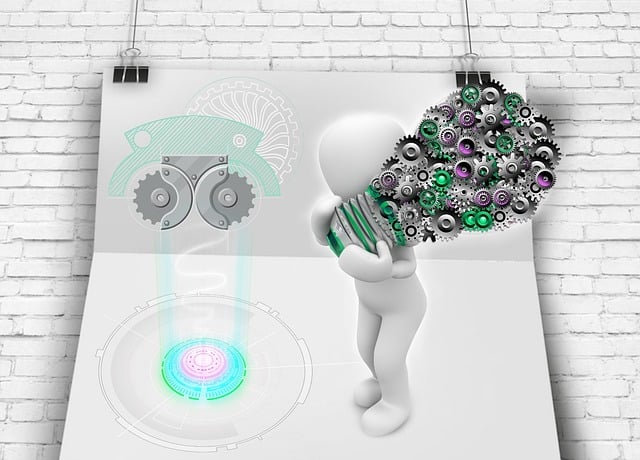
6. Initiative and Entrepreneurial Spirit Competency:
This competency is related to the ability to identify opportunities, make decisions, take risks, and carry out projects in a creative and entrepreneurial way. It also includes the capacity to work both independently and as part of a team.
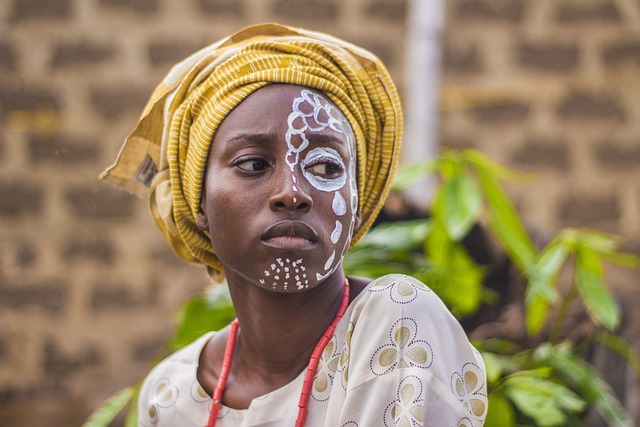
7.Cultural Awareness and Expression Competency:
Involves the appreciation and understanding of cultural diversity, as well as the ability to express oneself artistically and creatively. This competency promotes respect for different cultures and the appreciation of cultural expressions..
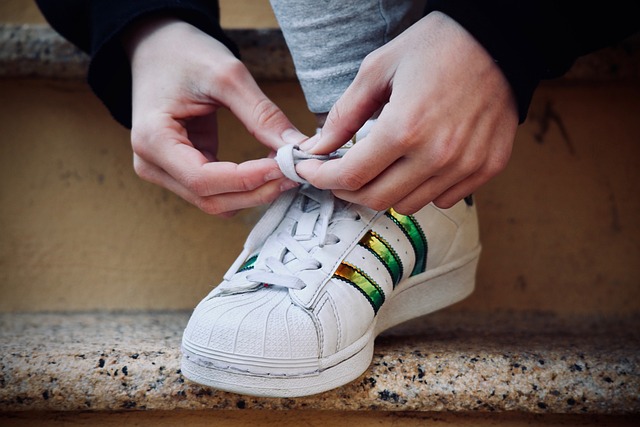
8. Autonomy and Personal Initiative Competency:
Refers to the ability to make informed and responsible decisions about one's own life, setting goals and working to achieve them. It also involves the development of self-esteem, self-reflection, and emotional management.
How to Develop Educational Competencies?
To effectively develop educational competencies, it is important for educators and educational institutions to adopt pedagogical approaches that promote the development of these skills. This includes:
1. Active Learning:
Promote active student participation in the learning process through discussions, projects, problem-solving, and practical activities.

2. Interdisciplinary Approach:
Encourage the interconnection of different knowledge areas to address complex issues and promote critical thinking.

3. Formative Assessment:
Use assessments that measure progress over time and provide feedback to enhance learning.
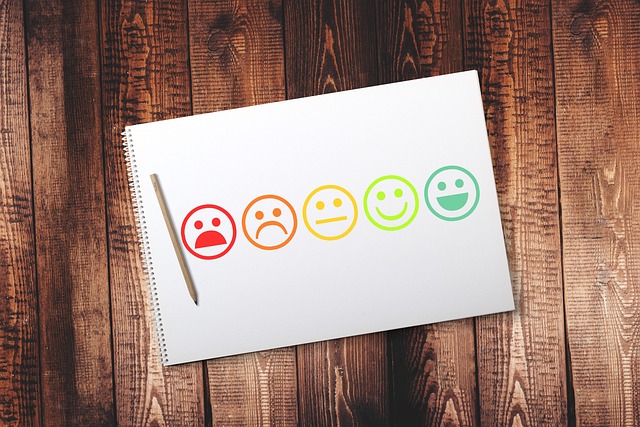
4. Fostering Self-Efficacy:
Assist students in developing confidence in their abilities so they are willing to take on challenges and learn from their mistakes.
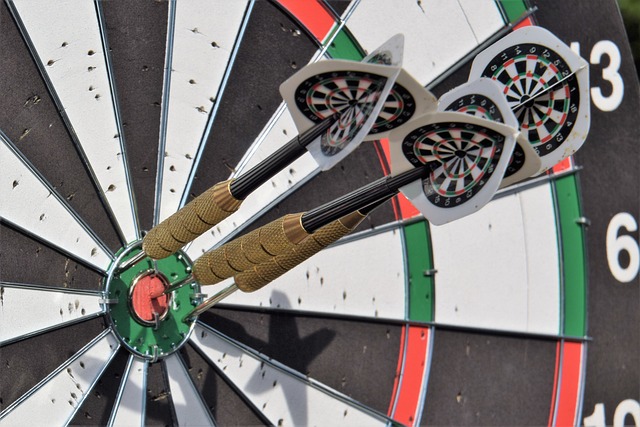
Current neuroscience has confirmed that these approaches are even more effective when integrated with a playful attitude, promoting learning through play and group interaction.
It is from there that the Biopolis Junior Methodology brings value and innovation.
Bibliography:
1. Perrenoud, P. (2004). Developing Reflective Practice in the Teaching Profession. Graó.
2. Delors, J. (1996). Education Holds a Treasure. Santillana.
3. Díaz Barriga, A., & Hernández Rojas, G. (2002). Teaching Strategies for Meaningful Learning. McGraw-Hill.
4. Gardner, H. (1993). Structures of the Mind: The Theory of Multiple Intelligences. Fondo de Cultura Económica.
5. Eisner, E. W. (2002). The Art and Science of Teaching. Paidós.
Academic Articles:
1. Darling-Hammond, L. (2007). Teacher Education and the American Future. Journal of Teacher Education, 58(1), 8-23.
2. Pellegrino, J. W., & Hilton, M. L. (Eds.). (2012). Education for Life and Work: Developing Transferable Knowledge and Skills in the 21st Century. National Academies Press.
3. Trilling, B., & Fadel, C. (2009). 21st Century Skills: Learning for Life in Our Times. Jossey-Bass.


